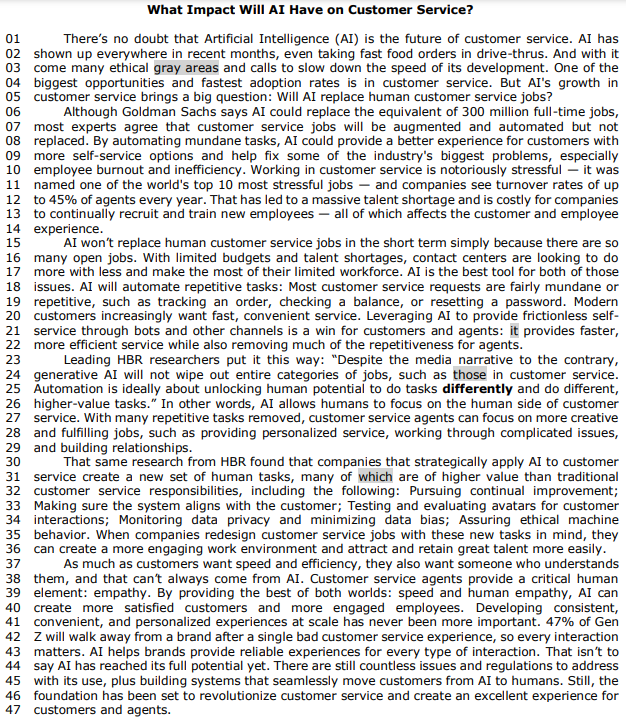Dogs will eat almost anything—cats, not so much. Here’s
why.
Why are cats such picky eaters when dogs seem
willing to wolf down just about anything they encounter? It’s
a question many pet parents likely ask themselves while
__________ their feline friend to swallow a pill or prying
another slobbery piece of mulch from their puppy’s mouth.
There’s still a lot scientists don’t know about animal
taste preferences. But, thanks to a small but growing body of
research, researchers are starting to unravel some of the
mysteries around our four-legged friends’ flavor fancies.
Here’s what we know so far.
Accidentally drop a cupcake on the ground and your
dog will probably scarf it down in one bite. Your cat, on the
other hand, may turn up her nose. One possible reason for
their ____________ behaviors? Cats can’t taste sweetness.
Since they couldn’t just ask cats directly,
researchers figured this out by analyzing their DNA. House
cats, tigers, and cheetahs have a “broken” version of the
gene Tas1r2, which works with another gene, Tas1r3, to
enable sweetness detection. Though Tas1r3 appears to
function perfectly fine in cats, Tas1r2 is an “unexpressed
pseudogene” that’s missing 247 letters. Without them,
Tas1r2 does not produce a crucial protein needed to form a
receptor for sweetness on cats’ taste buds.
To take the study a step further, they gave 25
felines the choice between a bowl of plain water and one
that’d been spiked with molecules that provide umami
flavor. As ___________, the cats strongly preferred the
umami water, and more specifically, water containing
umami compounds present in tuna. That may help explain
why felines love the saltwater fish so much.
(Source: National Geographic — adaptation.)

